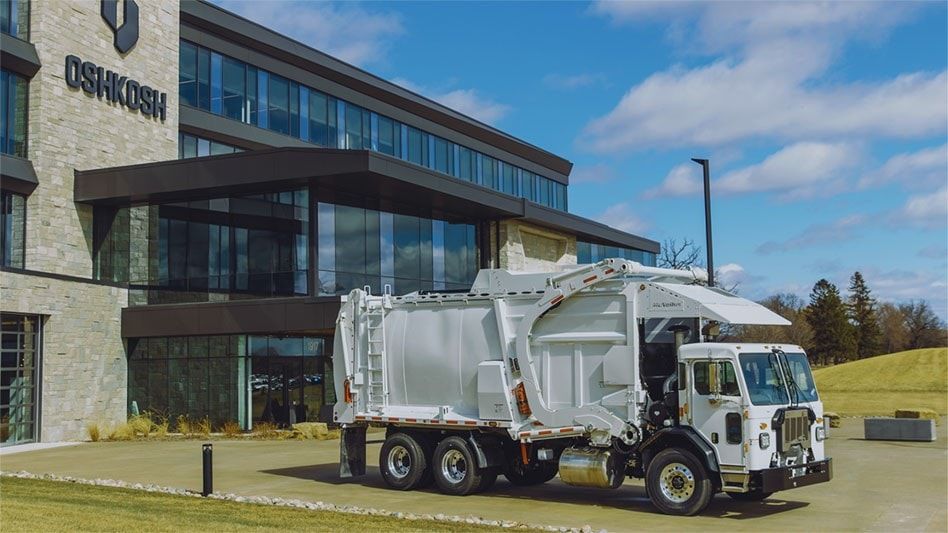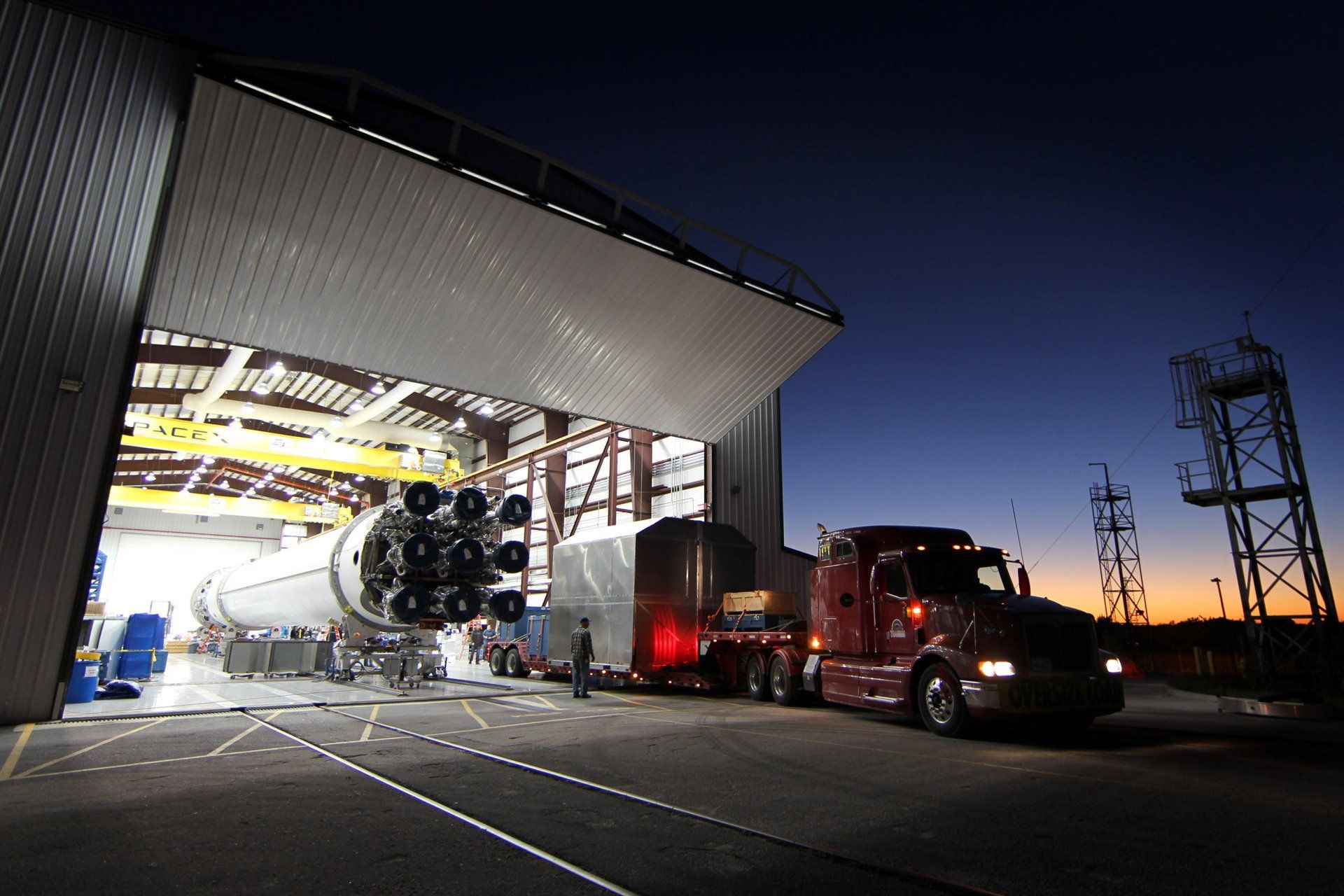How BP's Acquisition of TravelCenters of America Could Impact Fleet Offerings
With access to BP's resources and expertise, TA's acquisition has the potential to offer fleets a wider range of products and services, including renewable energy options and digital fleet management tools.
TravelCenters of America (TA) is a well-known operator of truck stops and travel centers in the United States, with over 270 locations across the country. Recently, the company was acquired by BP, a multinational oil and gas company, for $1.3 billion. The acquisition, which is expected to close in the first half of 2023, subject to regulatory and other approvals, has the potential to significantly impact TA's fleet offerings.
As part of the acquisition, BP plans to use TA's network of locations to sell its fuels, lubricants, and other products to a large customer base. TA's existing fuel supply agreements will remain in place, ensuring continuity of service for TA's customers. BP also plans to invest in electric vehicle charging infrastructure at TA locations to support the growing demand for cleaner transportation options. This is in line with BP's strategy to transition to a low-carbon future, and to provide customers with a broader range of energy options.
The acquisition has the potential to significantly expand TA's product and service offerings for fleets. With BP's resources and expertise, TA will be able to offer an even wider range of products and services, including renewable energy options. BP plans to invest in renewable fuels, including advanced biofuels, as well as in solar and wind energy. This could provide fleets with new opportunities to reduce their carbon footprint and improve sustainability.
Additionally, the acquisition will allow TA to benefit from BP's digital capabilities, including its proprietary fleet management platform, which provides real-time data and analytics to help customers optimize their fleets. This could help fleets to reduce costs, improve efficiency, and increase uptime.
The acquisition is still subject to regulatory and other approvals, but if it goes ahead, it has the potential to significantly impact the fleet industry. With access to BP's resources and expertise, TA will be able to offer fleets a wider range of products and services, including renewable energy options and digital fleet management tools. This could help fleets to reduce their carbon footprint, improve sustainability, and reduce costs. It's an exciting time for TA and BP, and we look forward to seeing the impact on the fleet industry as a whole.










